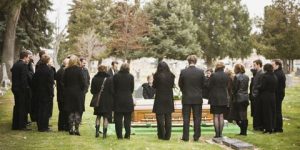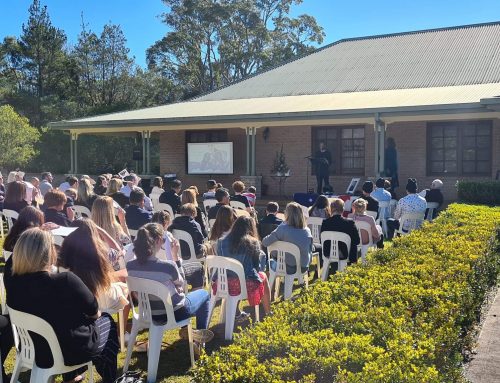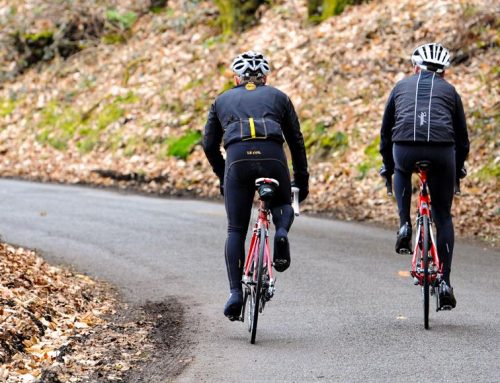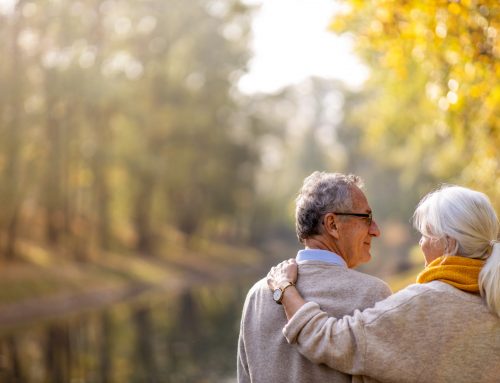Matters of Life & Love – 55+ – March 2022
 Reader Question: “I’ve been to four funerals in the last 3 months. All good friends in my age group which is around or over 65 years old. It’s too much. I feel numb. I’m thinking I never want to go to another funeral, ever. And then I feel like a terrible person. I know of people who simply flat out don’t go to funerals. What’s your advice?”
Reader Question: “I’ve been to four funerals in the last 3 months. All good friends in my age group which is around or over 65 years old. It’s too much. I feel numb. I’m thinking I never want to go to another funeral, ever. And then I feel like a terrible person. I know of people who simply flat out don’t go to funerals. What’s your advice?”
Dearly beloved.
I wonder…in submitting this question…you do KNOW I am a holistic funeral celebrant and independent funeral director…yes? I wonder is it because you just need me to tell you what you don’t want to hear? Funerals are important collective rituals that are almost always essential to attend.
Who WANTS to go to a funeral? No one. It means someone we know and love has died. They expose us to sadness, death and activate grief. All of which, however, when a death occurs, is very normal, natural and necessary. It is the first part of the healing…the feeling.
Avoiding a funeral doesn’t mean you can avoid your grief. You might delay and deny it for a while but you risk being separated from the ‘community of the bereaved’ and feel even more alone in your grief.
Attending a funeral is a sacred contract in our society to give witness and honouring to a life lived and a life ended. The funeral is the ritual that helps us acknowledge the death and give separation from someone’s physical presence in our lives and move our relationship into a place to begin the important narrative of history, relationship, memory and legacy. This is how we evolve into a new relationship of thought, heart and spirit.
If we miss this step, our grief can be wrong footed from the start. Sometimes that separation is achieved if you are present at or near the time of dying and/or if you have been witness to the final active dying stage of end-of-life.
To be present for a death, or involved in the first rites of attending and caring after death, such as what might occur during vigil (wash/dress and/or shroud), is a next level deepening of the sacred act of witness. This level of intimacy however, may not available or chosen, and if not, our soul needs to catch up with what the mind knows. Intellectually we ‘know’ someone has died, but it is the ritual, symbol, language and actions found in ceremony that help our soul and spirit to fully integrate this new separation. This is what a rite of passage – such as a funeral – does, it ‘passages’ all of us through our feelings.
A well-crafted funeral can (and should) hold you in a safe space and enable everyone the opportunity to attend to their feelings, give/receive comfort and support, offer testimony and say goodbye. Trust me, the family will note the missing. The best gift you can give yourself and a grieving community, is to be in shared story, witness and comfort. Speak their name. Learn more about them and gift to others your memories so they can add to theirs. It’s like a communal jigsaw – everyone gets to add a piece to create the picture.
The instances where NOT going to a funeral make sense is when it truly does threaten your emotional, spiritual or even physical wellbeing. For some reason in the family dynamic, you may feel unsafe, threatened or be significantly triggered and unsupported. Or, you may be conflicted by legitimate priorities about work, childcare, health and access. These are all real.
If you can’t legitimately go, know that a funeral is not the only opportunity for farewell. There are memorials. You can do your own ceremony and ritual. You can share a letter or write a dedication or tribute or testimony. The important thing is to give honour and acknowledgement and recognition of the life and love. Pause for reverent farewell. Attend authentically to the relationship, and to your feelings, and grieve as you need.
Much love
Sarah x
Sarah Tolmie – Life & Love: Sarah is a marriage therapist, life & love and relationship coach, end-of-life consultant, an independent and bespoke funeral director and holistic celebrant. She provides holistic care, mentoring, guidance, healing and transformation for individuals, couples and families at their most important times of life & love – at end-of-life, in love & relationship, and in ritual and celebration. Sarah has a relationship online course for couples called “Creating a Miracle Marriage” and a free resource and video series for families facing dying, death and grief called “Landscapes of Life & Love and Loss” . To find out more, visit www.sarahtolmie.com.au.





